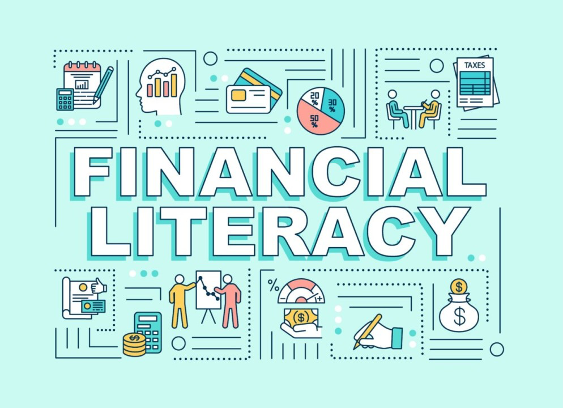Financial literacy is critically important because it directly impacts an individual’s financial well-being. When people have a solid understanding of financial concepts and practices, they are better equipped to make informed decisions about their money. Here’s how financial literacy affects financial well-being:
Budgeting and Spending: Financial literacy helps individuals create and stick to a budget, ensuring they live within their means. This leads to more controlled spending, reduced debt, and increased savings.
Debt Management: Understanding concepts like interest rates, loan terms, and debt repayment strategies allows individuals to manage their debt more effectively. Financially literate individuals are more likely to pay down debt efficiently and avoid high-interest loans.
Saving and Investing: Financial literacy enables people to understand the importance of saving and investing for the future. They can make informed decisions about saving for emergencies, retirement, or other financial goals. Moreover, they can confidently navigate investment options, potentially growing their wealth over time.
Risk Management: Financially literate individuals are better equipped to assess and manage financial risks. They understand insurance options, investment risks, and the importance of diversification, protecting themselves and their assets against unexpected events.
Long-Term Financial Planning: With financial literacy, individuals can develop comprehensive financial plans tailored to their goals and circumstances. This includes retirement planning, education savings, estate planning, and other long-term financial considerations.
Overall, financial literacy empowers individuals to take control of their finances, reduce financial stress, and work towards achieving their financial goals. It promotes financial stability, resilience, and ultimately enhances overall financial well-being.











